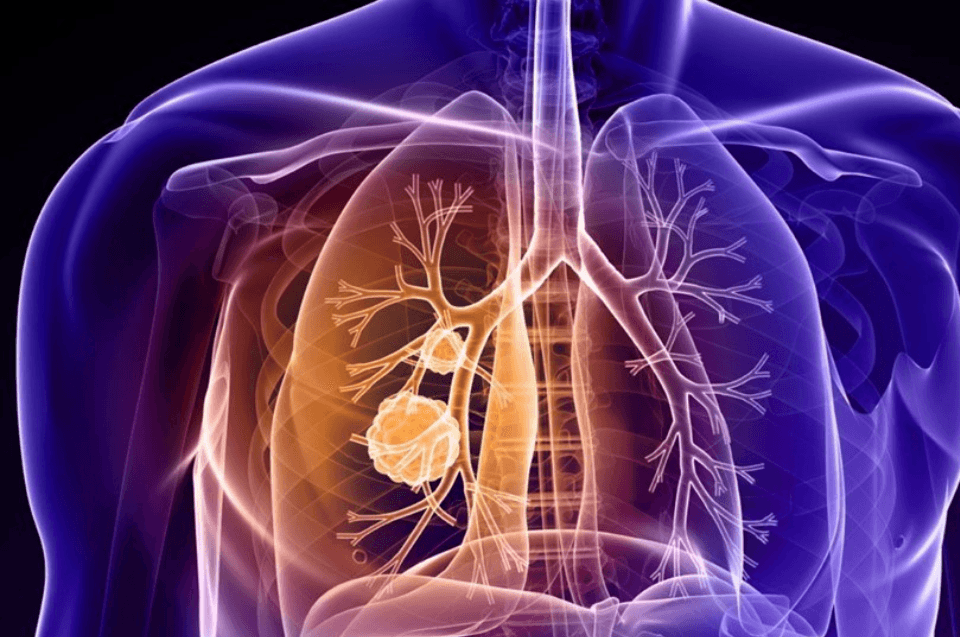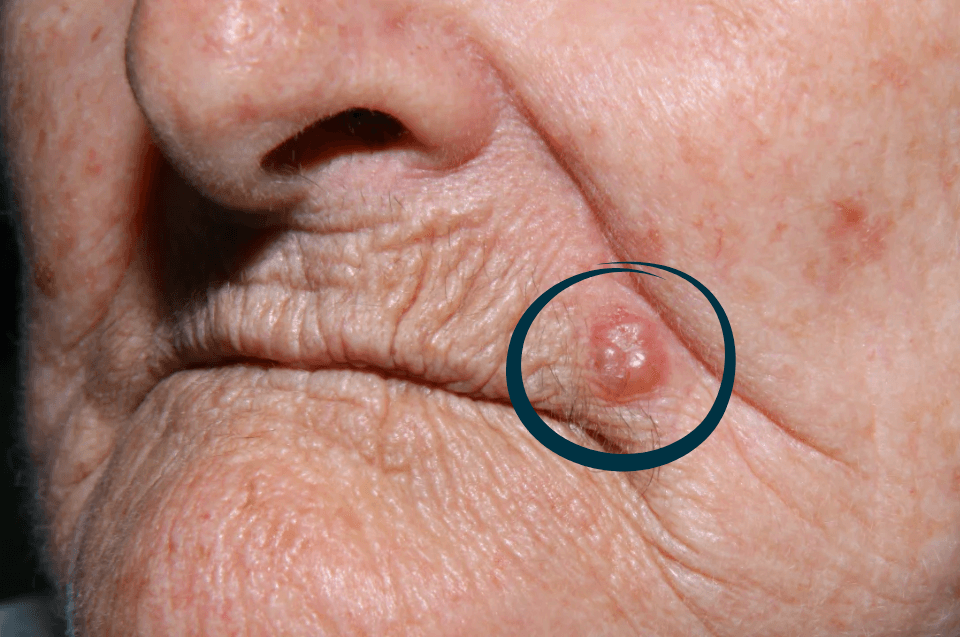Cystic fibrosis (CF), also known as mucoviscidosis, is a rare and chronic genetic disease that primarily affects the lungs and digestive system. Although it poses significant challenges, advances in medicine have transformed the outlook for many individuals, enabling longer and more fulfilling lives.
In this article, we’ll explore what cystic fibrosis is, its causes and symptoms, how it is diagnosed, available treatments, common myths, and how proper care can greatly improve quality of life.
What Is Cystic Fibrosis?
Cystic fibrosis is caused by a mutation in the CFTR gene (Cystic Fibrosis Transmembrane Conductance Regulator), which is responsible for producing a protein that regulates the transport of chloride and sodium in cells. When this protein is defective, it leads to the production of thick and sticky mucus that is difficult to clear from the lungs and other organs.
This abnormal mucus buildup promotes chronic lung infections, inflammation, and digestive blockages, particularly in the pancreas, impairing nutrient absorption and digestion.
What Causes Cystic Fibrosis?
CF is an inherited condition, meaning it is passed down from parents to children. A person must inherit two faulty CFTR genes — one from each parent — to develop the disease. Individuals with only one mutated gene are carriers and usually do not have symptoms.
Cystic fibrosis is not contagious and is not related to lifestyle or environmental factors.
Common Symptoms of Cystic Fibrosis
Symptoms can vary in type and severity, but the most frequent ones include:
Respiratory Symptoms:
Persistent cough with thick mucus
Frequent lung infections (e.g., pneumonia, bronchitis)
Wheezing or shortness of breath
Difficulty breathing
Digestive Symptoms:
Frequent diarrhea or bulky, greasy stools
Difficulty gaining weight or growing properly
Intestinal blockage, especially in newborns
Other Signs:
Salty-tasting skin
Nasal polyps (growths in the nasal passages)
CF-related diabetes (in some cases)
How Is Cystic Fibrosis Diagnosed?
In many countries, newborn screening allows for early detection of CF. When there is a suspicion of the disease, further tests are done, such as:
Sweat test: Measures the amount of chloride in the sweat — typically elevated in CF
Genetic testing: Identifies mutations in the CFTR gene
Early diagnosis is essential for timely treatment and better health outcomes.
How Is Cystic Fibrosis Treated?
Although there is currently no cure for cystic fibrosis, treatments can significantly improve quality of life and life expectancy. The main treatment strategies include:
Daily chest physiotherapy to help clear mucus from the lungs
Bronchodilators and antibiotics to prevent and treat lung infections
Pancreatic enzyme supplements to aid digestion
High-calorie, high-fat diets guided by a nutritionist
Regular physical activity to support lung function
CFTR modulators (available in some countries) that target specific gene mutations and improve protein function
Treatment should be personalized and managed by a multidisciplinary care team.
Myths and Facts About Cystic Fibrosis
“Cystic fibrosis is contagious.”
❌ Myth. CF is a genetic condition, not transmitted from person to person.
“People with CF shouldn’t exercise.”
❌ Myth. Physical activity is highly encouraged as it helps improve lung function and overall health.
“The disease only affects the lungs.”
❌ Myth. CF also affects the pancreas, liver, intestines, and sweat glands.
“You can’t live a long life with CF.”
❌ Myth. With modern treatments, many people with CF live into adulthood and lead productive lives.
Living with Cystic Fibrosis
Early diagnosis and consistent, comprehensive care make a huge difference in the lives of people with CF. Regular follow-ups with pulmonologists, nutritionists, and physical therapists are essential for long-term well-being.
Patients can also benefit from support groups and advocacy organizations, which provide valuable education, emotional support, and shared experiences.
Did You Know?
Among rare genetic diseases, cystic fibrosis is one of the most common in people of European ancestry. It’s estimated that 1 in 25 people is a carrier of a faulty CFTR gene — often without knowing it.
Conclusion
Cystic fibrosis is a chronic and demanding condition, but with early diagnosis, advanced treatments, and dedicated care, individuals with CF can enjoy longer lives with greater independence and well-being. Spreading accurate information is key to dispelling myths and building a future of hope for those living with CF.



